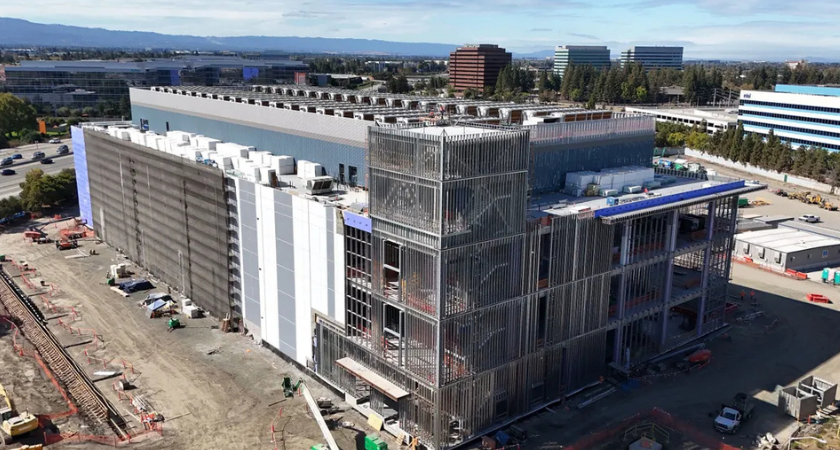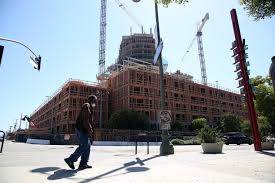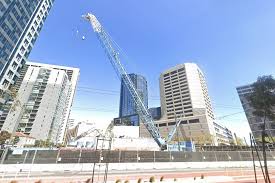
More than a third of developers in California have delayed or canceled commercial real estate projects as escalating construction costs, rising interest rates, and uncertainty over tariffs continue to pressure the market, according to the summer 2025 Allen Matkins and UCLA Anderson Forecast Commercial Real Estate Survey.
While the slowdown is hitting certain sectors hard—particularly office and retail—industrial and multifamily construction are bucking the trend, benefiting from strong demand and long-term growth prospects.

The report reveals that many developers are concentrating resources on projects with the highest market demand, while shelving others until financial conditions improve. “After a prolonged period of uncertainty, the office market sentiment is starting to turn a corner, albeit slowly,” said Julie Hoffman, partner at Allen Matkins, a Los Angeles-based law firm. “Broad-based recovery is still a few years out.”
Office development remains sluggish, especially in Southern California, where only 16% of surveyed developers plan to start new projects in the near term. Northern California’s outlook is only slightly better, with 17% of developers indicating plans for new office construction.
Retail growth is similarly uneven. The survey anticipates Los Angeles retail rental rates to grow more slowly than inflation, with traditional big-box development losing appeal. However, 38% of respondents believe a new retail growth cycle could begin within three years—driven largely by mixed-use and specialty retail rather than large-scale expansions.

By contrast, the industrial sector continues to thrive, fueled by persistent e-commerce demand. Developers are even weighing conversions of underutilized office properties into industrial facilities. Vacancy rates in industrial properties are expected to remain flat or drop further, according to the report.
Multifamily housing is also seeing renewed optimism. The survey found that 66% of developers plan new multifamily projects—the highest figure since 2022. “Demand continues to outpace supply across the state, especially for highly amenitized rental product that offers work from home space,” said Heather Riley, partner at Allen Matkins. “Despite rising costs, our clients are actively looking to build at a rate we have not seen in years.”
The survey included responses from 60 firms in Northern California and 80 firms in Southern California. Nearly half of respondents identified as value investors, with most of the rest identifying as developers.
The findings underscore how rising interest rates, inflated input prices from tariffs, and broader economic uncertainty are reshaping California’s commercial real estate landscape. Developers are proceeding cautiously, prioritizing high-demand sectors and looking for creative solutions—such as adaptive reuse projects—to navigate a challenging market environment.
Originally reported by Sebastian Obando in Construction Dive.